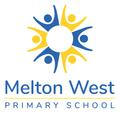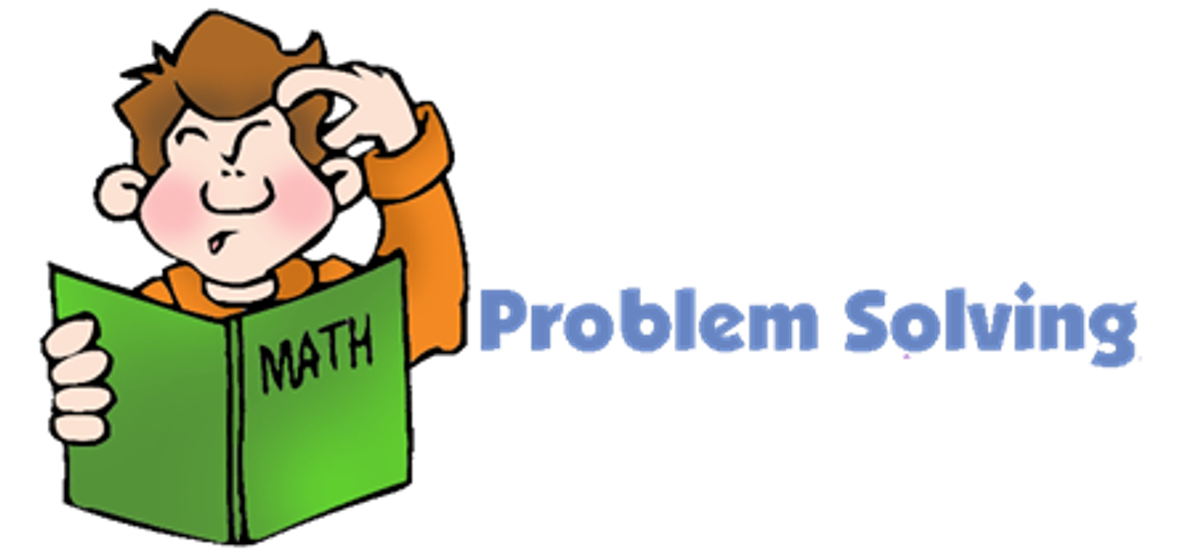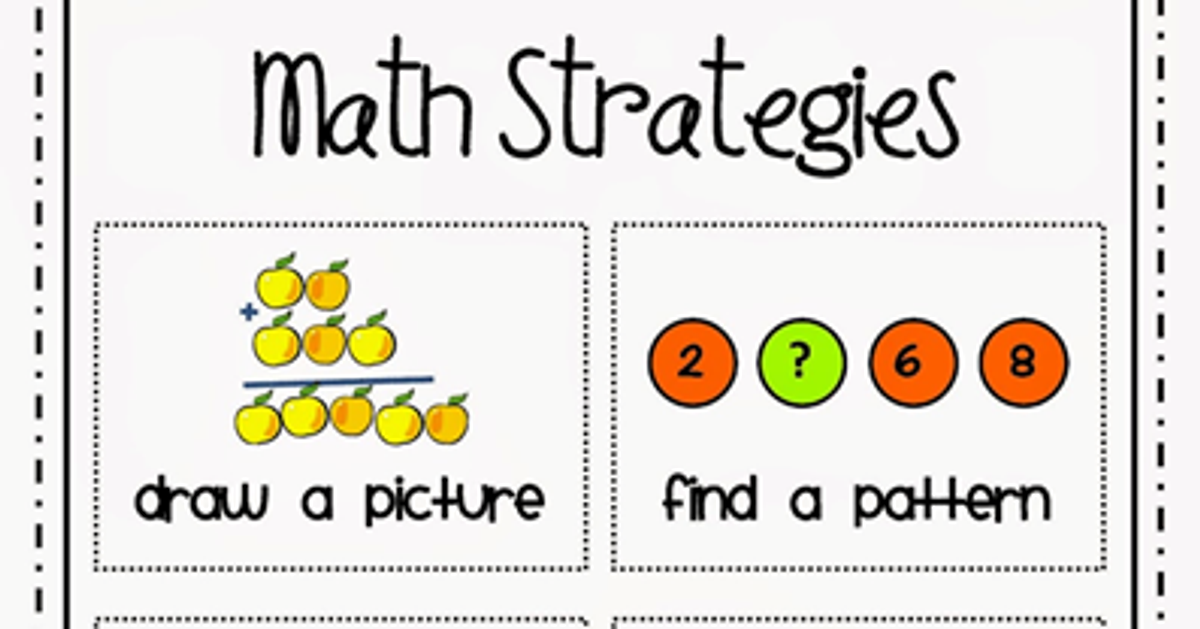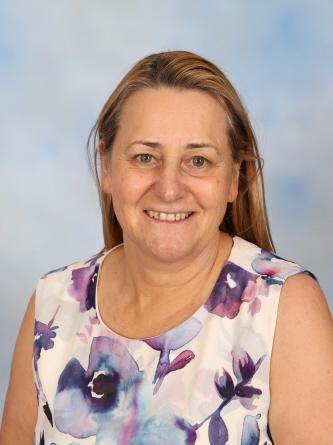Numeracy Report
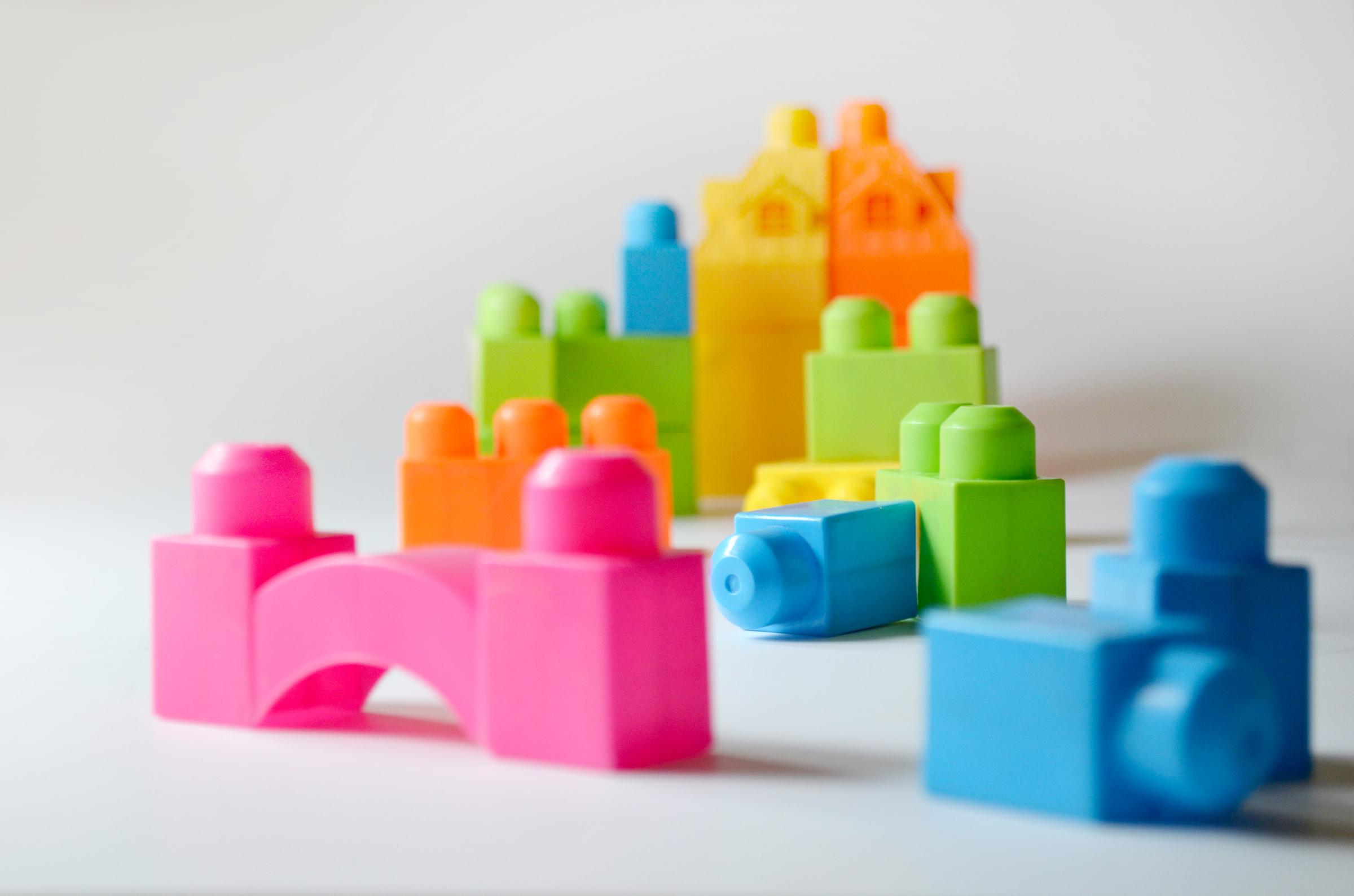
MATHEMATICS PROBLEM SOLVING AT MWPS
At Melton West Primary School problem solving plays an important role in mathematics and has a prominent role in the mathematics education of our students. The term “problem solving” refers to mathematical tasks that have the potential to provide intellectual challenges for enhancing students’ mathematical understanding and development. As students solve problems, they can use any approach they can think of, draw on any piece of knowledge they have learned, and justify their ideas in ways that they feel are convincing. Focusing on problem solving in the classroom not only impacts the development of students’ higher-order thinking skills but also reinforces positive attitudes.
Problems promote students’ conceptual understanding, foster their ability to reason and communicate mathematically, and capture their interests and curiosity Mathematical problems that are truly problematic and involve significant mathematics have the potential to provide the intellectual contexts for students’ mathematical development. When selecting problems for the students teachers think about the following criteria:
- The problem has important, useful mathematics embedded in it.
- The problem requires higher-level thinking and problem solving.
- The problem contributes to the conceptual development of students.
- The problem creates an opportunity for the teacher to assess what his or her students are learning and where they are experiencing difficulty.
- The problem can be approached by students in multiple ways using different solution strategies.
- The problem has various solutions or allows different decisions or positions to be taken and defended.
- The problem encourages student engagement and discourse.
- The problem connects to other important mathematical ideas.
- The problem promotes the skilful use of mathematics.
- The problem provides an opportunity to practice important skills.
The power of problem solving is that obtaining a successful solution requires students to refine, combine, and modify knowledge they have already learned.
TRY THIS PROBLEM WITH YOUR CHILDREN
At some time in the future John will be 38 years old. At that time he will be 3 times as old as Sally. Sally is now 7 years old. How old is John now?
Happy problem solving
Jennifer O’Connor
Assistant Principal
